- Clone
- YTS156.7.7 (See other available formats)
- Regulatory Status
- RUO
- Other Names
- Lyt-3, Ly-3
- Isotype
- Rat IgG2b, κ
- Ave. Rating
- Submit a Review
- Product Citations
- 21 publications
| Cat # | Size | Price | Quantity Check Availability | Save | ||
|---|---|---|---|---|---|---|
| 126605 | 50 µg | 48€ | ||||
| 126606 | 500 µg | 188€ | ||||
CD8b is the 32 kD β chain of CD8, also known as Lyt-3 or Ly-3. It is a member of the Ig superfamily expressed as a heterodimer with the CD8α chain on a subset of MHC class I-restricted T cells and most thymocytes. CD8 is a co-receptor for the TCR complex involved in T cell activation.
Product DetailsProduct Details
- Verified Reactivity
- Mouse
- Antibody Type
- Monoclonal
- Host Species
- Rat
- Immunogen
- Mouse thymocytes
- Formulation
- Phosphate-buffered solution, pH 7.2, containing 0.09% sodium azide.
- Preparation
- The antibody was purified by affinity chromatography, and conjugated with FITC under optimal conditions.
- Concentration
- 0.5 mg/ml
- Storage & Handling
- The antibody solution should be stored undiluted between 2°C and 8°C. Do not freeze.
- Application
-
FC - Quality tested
- Recommended Usage
-
Each lot of this antibody is quality control tested by immunofluorescent staining with flow cytometric analysis. For flow cytometric staining, the suggested use of this reagent is ≤ 0.25 µg per 106 cells in 100 µl volume. It is recommended that the reagent be titrated for optimal performance for each application.
- Excitation Laser
-
Blue Laser (488 nm)
- Application Notes
-
Additional reported applications (for the relevant formats) include: immunohistochemistry of acetone-fixed frozen tissue sections.
- Application References
-
- McNical AM, et al. 2007. Eur. J. Immunol. 37:1634.
- Product Citations
-
- RRID
-
AB_961293 (BioLegend Cat. No. 126605)
AB_961295 (BioLegend Cat. No. 126606)
Antigen Details
- Structure
- Ig superfamily, CD8β chain, 34 kD
- Distribution
-
Majority of thymocytes, cytotoxic T cell subsets
- Function
- Co-receptor of TCR
- Ligand/Receptor
- MHC class I
- Cell Type
- T cells, Thymocytes, Tregs
- Biology Area
- Immunology
- Molecular Family
- CD Molecules
- Antigen References
-
1.Barclay A, et al. 1997. The Leukocyte antigen Facts Book Academic Press.
2. Zamoyska R. 1994. Immunity 1:243-246.
3. Ellmeier W, et al. 1999. Annu. Rev Immunol 17:523.
4. Ledbetter JA, et al. 1981. J. Exp. Med. 153:1503. - Gene ID
- 12526 View all products for this Gene ID
- UniProt
- View information about CD8beta on UniProt.org
Related FAQs
Other Formats
View All CD8b Reagents Request Custom ConjugationCustomers Also Purchased
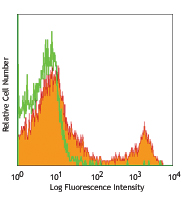
Compare Data Across All Formats
This data display is provided for general comparisons between formats.
Your actual data may vary due to variations in samples, target cells, instruments and their settings, staining conditions, and other factors.
If you need assistance with selecting the best format contact our expert technical support team.
-
Purified anti-mouse CD8b

C57BL/6 mouse frozen spleen section was fixed with 4% parafo... 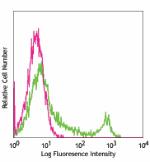
C57BL/6 mouse splenocytes stained with purified YTS156.7.7, ... 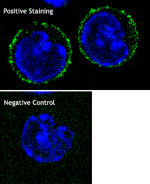
C57BL/6 mouse splenocytes stained with purified YTS156.7.7, ... -
Biotin anti-mouse CD8b
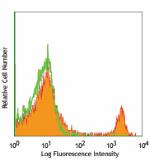
BALB/c mouse splenocytes stained with biotinylated YTS156.7.... -
FITC anti-mouse CD8b
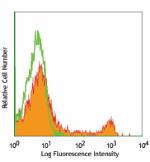
BALB/c mouse splenocytes stained with YTS156.7.7 FITC -
PE anti-mouse CD8b
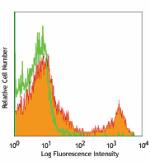
C57BL/6 mouse splenocytes stained with YTS156.7.7 PE -
PerCP/Cyanine5.5 anti-mouse CD8b

C57BL/6 mouse splenocytes were stained with CD3e APC and CD8... -
Alexa Fluor® 647 anti-mouse CD8b
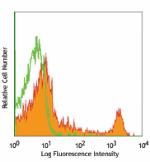
57BL/6 mouse splenocytes stained with YTS156.7.7 Alexa Fluor... 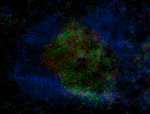
C57BL/6 mouse frozen spleen section was fixed with 4% parafo... -
APC anti-mouse CD8b
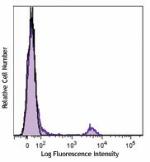
C57BL/6 mouse splenocytes were stained with CD8b (clone YTS1... -
PE/Cyanine7 anti-mouse CD8b
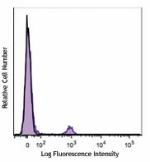
C57BL/6 mouse splenocytes were stained with CD8b (YTS156.7.7... -
Alexa Fluor® 700 anti-mouse CD8b
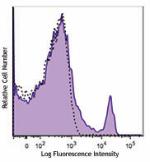
C57BL/6 mouse splenocyte stained with CD8b (clone YTS156.7.7... -
APC/Cyanine7 anti-mouse CD8b
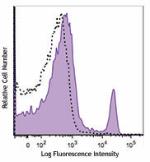
C57BL/6 mouse splenocytes stained with CD8b (clone YTS156.7.... -
PE/Dazzle™ 594 anti-mouse CD8b
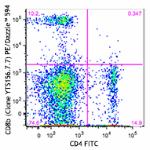
C57BL/6 mouse splenocytes were stained with CD4 FITC and CD8... 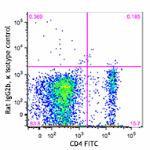
-
TotalSeq™-A0230 anti-mouse CD8b (Ly-3)
-
Brilliant Violet 510™ anti-mouse CD8b (Ly-3)

C57BL/6 mouse splenocytes were first treated with TruStain F... -
Brilliant Violet 711™ anti-mouse CD8b (Ly-3)

C57BL/6 mouse splenocytes were first treated with TruStain F... -
Alexa Fluor® 488 anti-mouse CD8b (Ly-3)

C57BL/6 mouse splenocytes were first treated with TruStain F... 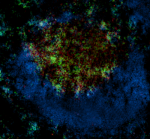
C57BL/6 mouse frozen spleen section was fixed with 4% parafo... -
APC/Fire™ 750 anti-mouse CD8b (Ly-3)

C57BL/6 mouse splenocytes were first treated with TruStain F... -
Brilliant Violet 421™ anti-mouse CD8b (Ly-3)

C57BL/6 mouse splenocytes were first treated with TruStain F... 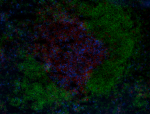
C57BL/6 mouse frozen spleen section was fixed with 4% parafo... -
Alexa Fluor® 594 anti-mouse CD8b (Ly-3)
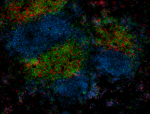
C57BL/6 mouse frozen spleen section was fixed with 4% parafo... -
TotalSeq™-B0230 anti-mouse CD8b (Ly-3)
-
TotalSeq™-C0230 anti-mouse CD8b (Ly-3)

 Login / Register
Login / Register 



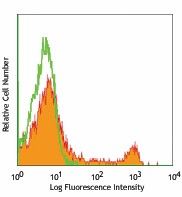









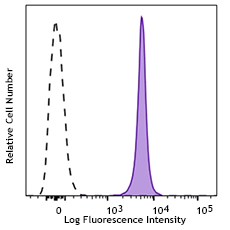
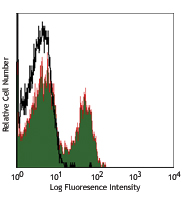







Follow Us